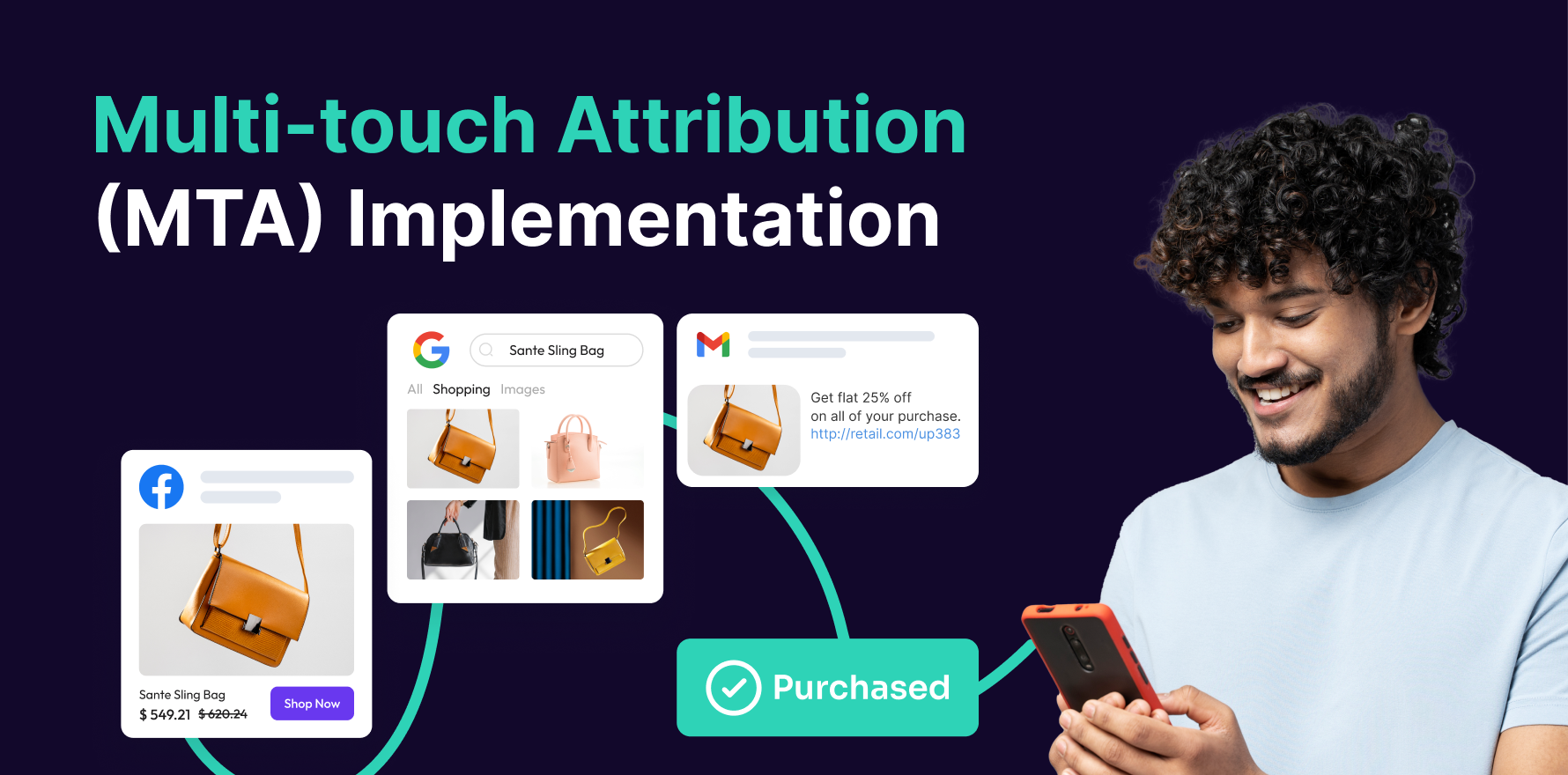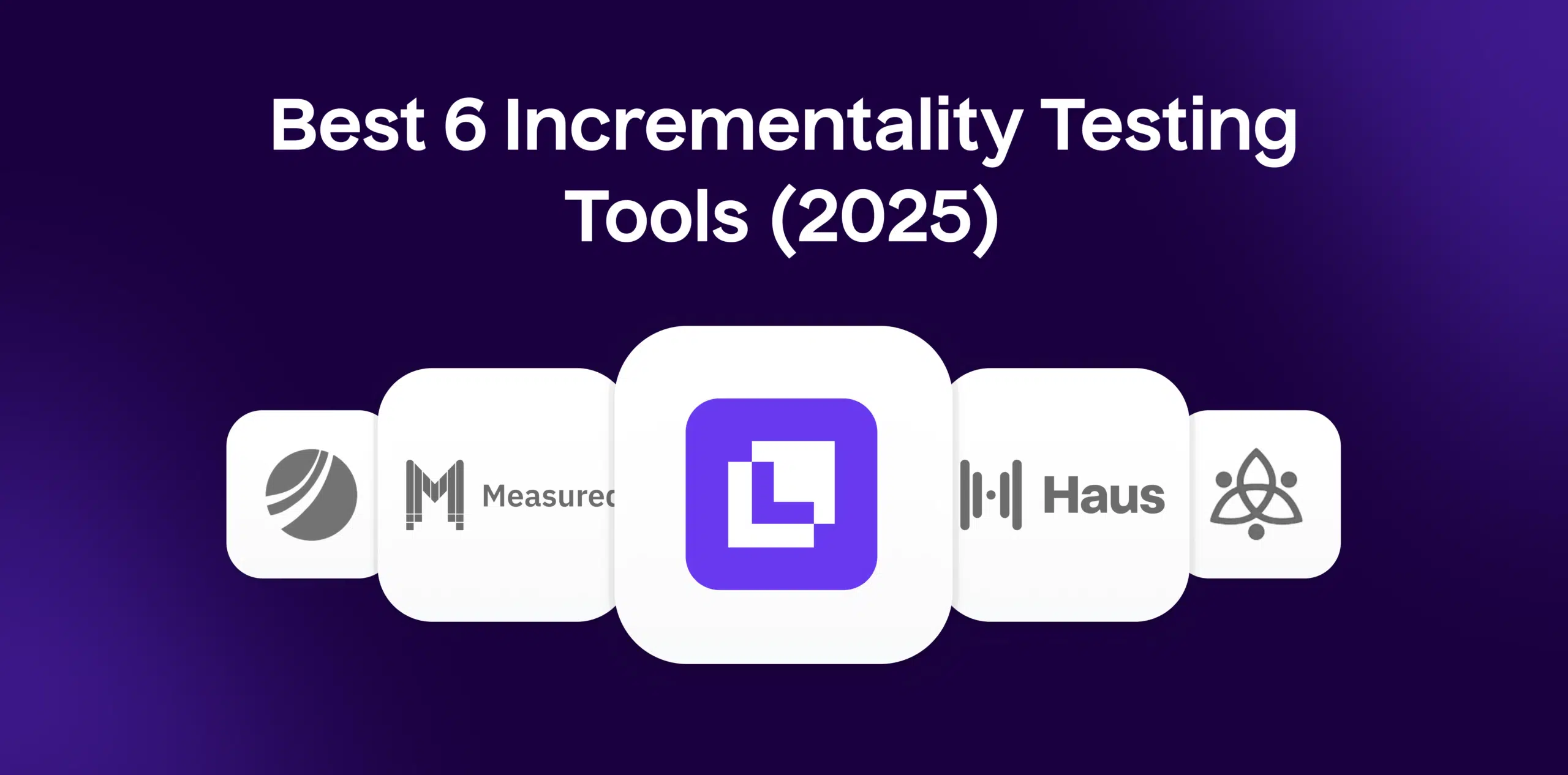What is Mobile marketing?
Mobile marketing is the promotional activity designed for delivery to cell phones, smartphones, and other handheld devices. The goal is typically to drive e-commerce sales, boost website traffic, and keep customers engaged with the brand even while on the move. It’s generally part of a broader, multichannel campaign, including email, social media, SEO, and other marketing channels.
Formula
There isn’t a specific formula for mobile marketing, as it involves various tactics like mobile-optimized emails, SMS marketing, in-app notifications, mobile advertising, etc. However, the success of a mobile marketing campaign can be calculated using the following formula: (Marketing Reach x Conversion Rate x Customer Lifetime Value) – Cost of Campaign = ROI on Mobile Marketing
Example
Let’s consider Starbucks. They mastered the art of mobile marketing with their mobile app. Customers can pay in-store, accumulate rewards, or even order ahead, thereby making their experience seamless and hassle-free.
Why is Mobile marketing important?
With the increasing use of smartphones, there’s been a shift in the way online shopping is conducted. Over half of all web traffic is now mobile, which underlines the importance of effective mobile marketing. It helps reach a broader audience, provides a personalized user experience, opens up a two-way communication channel, and drives customer engagement and conversion rates.
Which factors impact Mobile marketing?
- Optimize for mobile: Ensure that every marketing element, from emails to websites, is mobile-friendly.
- Use SMS and MMS marketing: These messages have a 98% open rate.
- Personalize your message: Tailor your content based on the user’s preferences and shopping history.
- Invest in mobile ads: They have a higher reach and often have better conversion rates.
How can Mobile marketing be improved?
Customer behavior, mobile functionality, the rapid evolution of technology, local transparency, demographic, and ever-changing algorithms can impact your mobile marketing strategy.
What is Mobile marketing’s relationship with other metrics?
Mobile marketing directly correlates with metrics, like traffic, conversion rates, customer retention, and e-commerce sales. A reported 79% of smartphone users have made a purchase online using their mobile device in the last six months, further illustrating the intrinsic link between ecommerce and mobile marketing.
Free essential resources for success
Discover more from Lifesight















